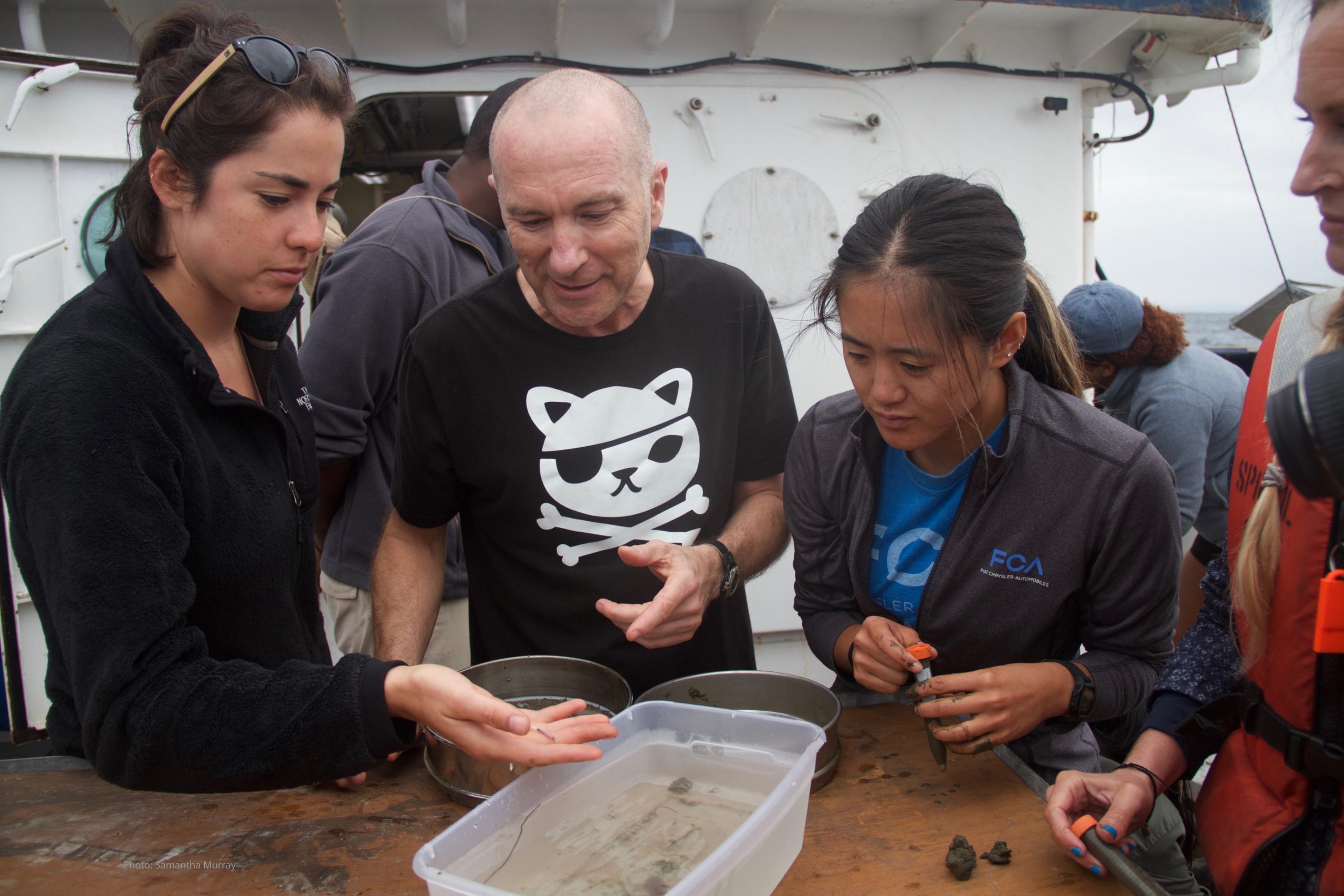
Our supporting advisors teach, mentor and collaborate with our students.
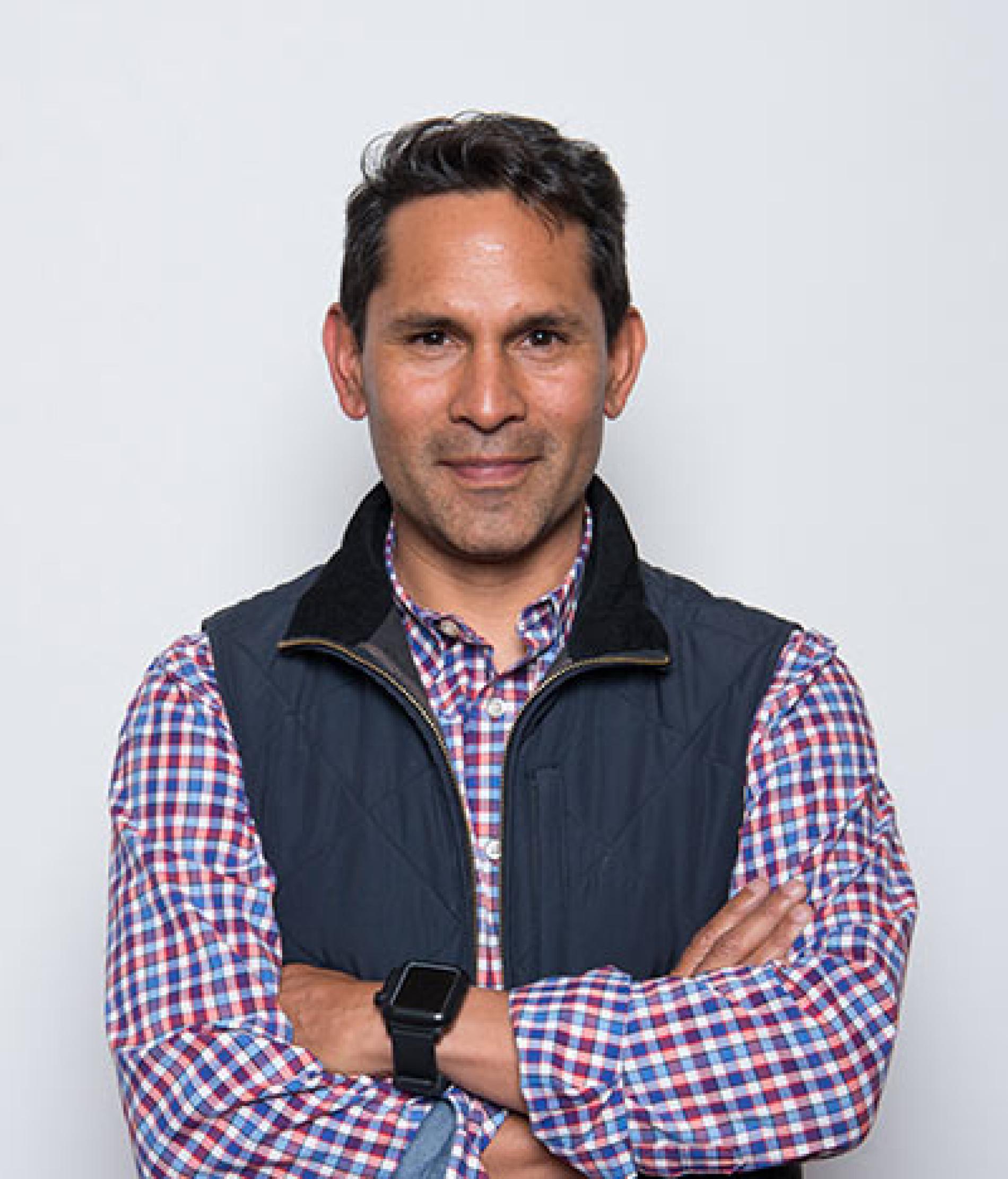
Email: maburto@ucsd.edu
Website: https://maburto.scrippsprofiles.ucsd.edu/
Octavio Aburto-Oropeza, Ph.D.
Associate Professor, Scripps Institution of Oceanography, UC San Diego
Marine Biology Research Division
Dr. Aburto-Oropeza is an Associate Professor and Research Scientist at Scripps Institution of Oceanography, a National Geographic Explorer, and a professional photographer associated with the International League of Conservation Photographers (iLCP). He obtained his PhD at the Center for Marine Biodiversity and Conservation at Scripps in 2009 and has since been recognized and awarded by UC San Diego, the World Wildlife Fund (WWF), Mexican Ministry of the Environment (CONANP), and distinguished as both a Hellman and Pew Marine Fellow. His research has focused on marine reserves, ecosystem services, long-term monitoring programs, and commercially exploited marine species and their fisheries in Mexico, Belize, Costa Rica, Ecuador and the U.S. Parallel to his science, his photographs have been integral to several conservation projects worldwide and have won several international photography contests.
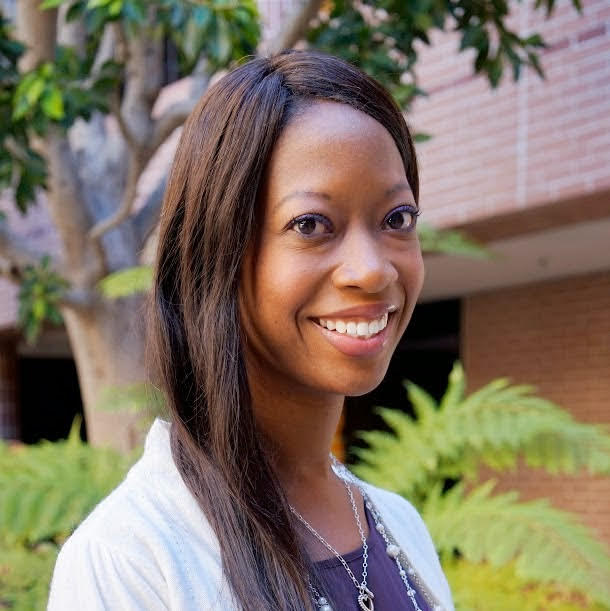
Email: kauzenne@ucsd.edu
Keiara Auzenne, M.B.A., J.D.
Director of Diversity Initiatives
Keiara Auzenne is the Director of Diversity Initiatives for the Scripps Institution of Oceanography. In this position she is tasked with improving campus climate and addressing issues of equity, diversity and inclusion for students, staff and faculty at Scripps. Keiara formerly worked as the San Diego County Director for the Center for Employment Opportunities (CEO). She is also the co-founder and director of a monthly Clean Slate Clinic that provides assistance formerly incarcerated individuals seeking to expunge their criminal records. She serves on various UC San Diego campus committees, including the VCEDI Advisory Committee, the Chancellor's Committee on the Status of Women, and the Chancellor's Childcare Oversight Committee. In 2020, she received a UC San Diego Inclusive Excellence Award in recognition of her outstanding contributions in support of UC San Diego’s commitment to inclusive excellence and diversity.
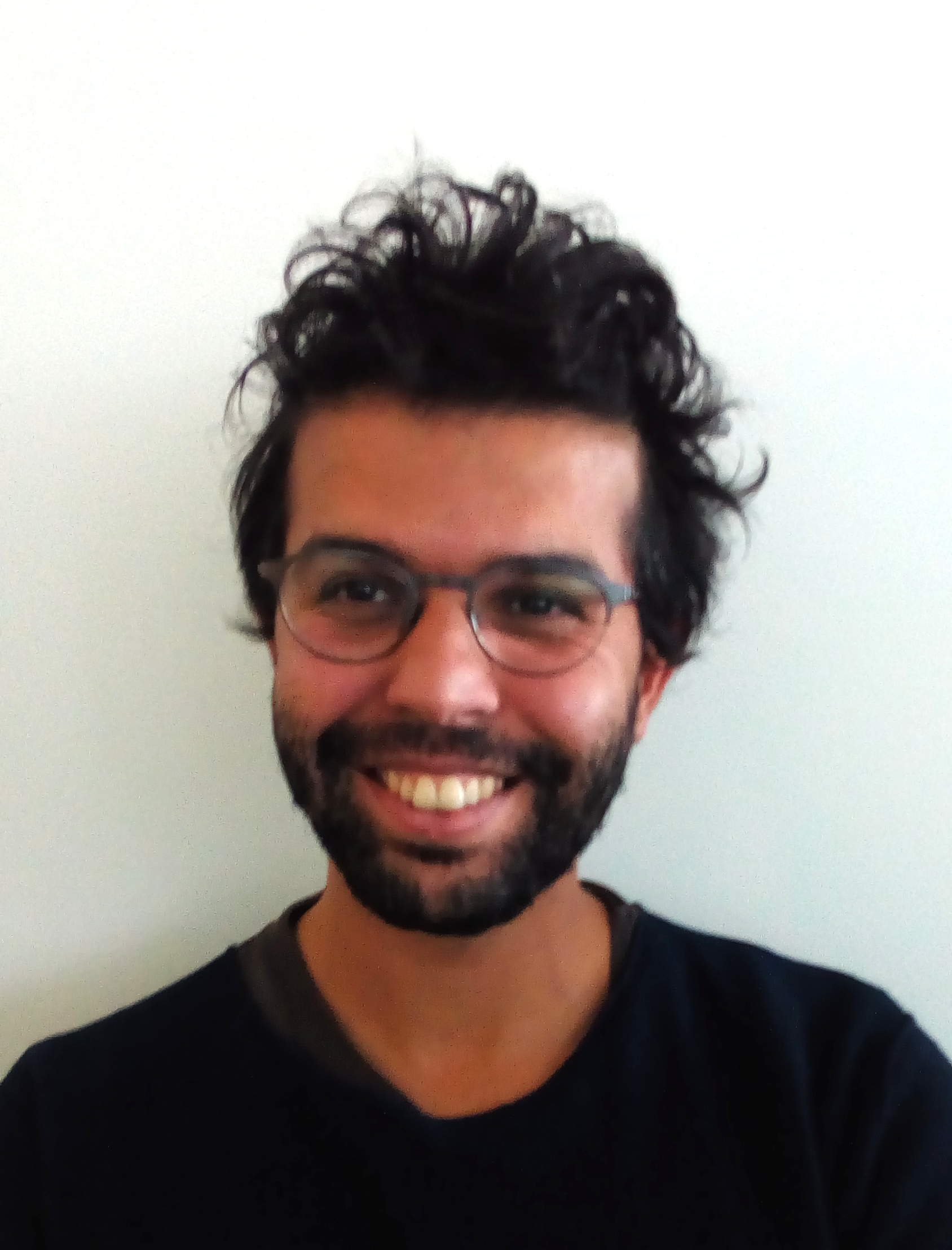
Email: tbenmarhnia@ucsd.edu
Website: https://tbenmarhnia.scrippsprofiles.ucsd.edu/
Tarik Benmarhnia, Ph.D.
Associate Professor, Scripps Institution of Oceanography, UC San Diego
Herbert Wertheim School of Public Health
Tarik Benmarhnia is an associate professor in epidemiology with a joint appointment at the University of California San Diego's Scripps Institution of Oceanography and the Herbert Wertheim School of Public Health. His work is combining epidemiological methods with environmental and econometric models with a specific focus on health policies and environmental justice. He currently conducts various projects in California and globally about the impacts of extreme weather events such as wildfires, heat waves and precipitation anomalies, and evaluates the effectiveness of population health and equity.
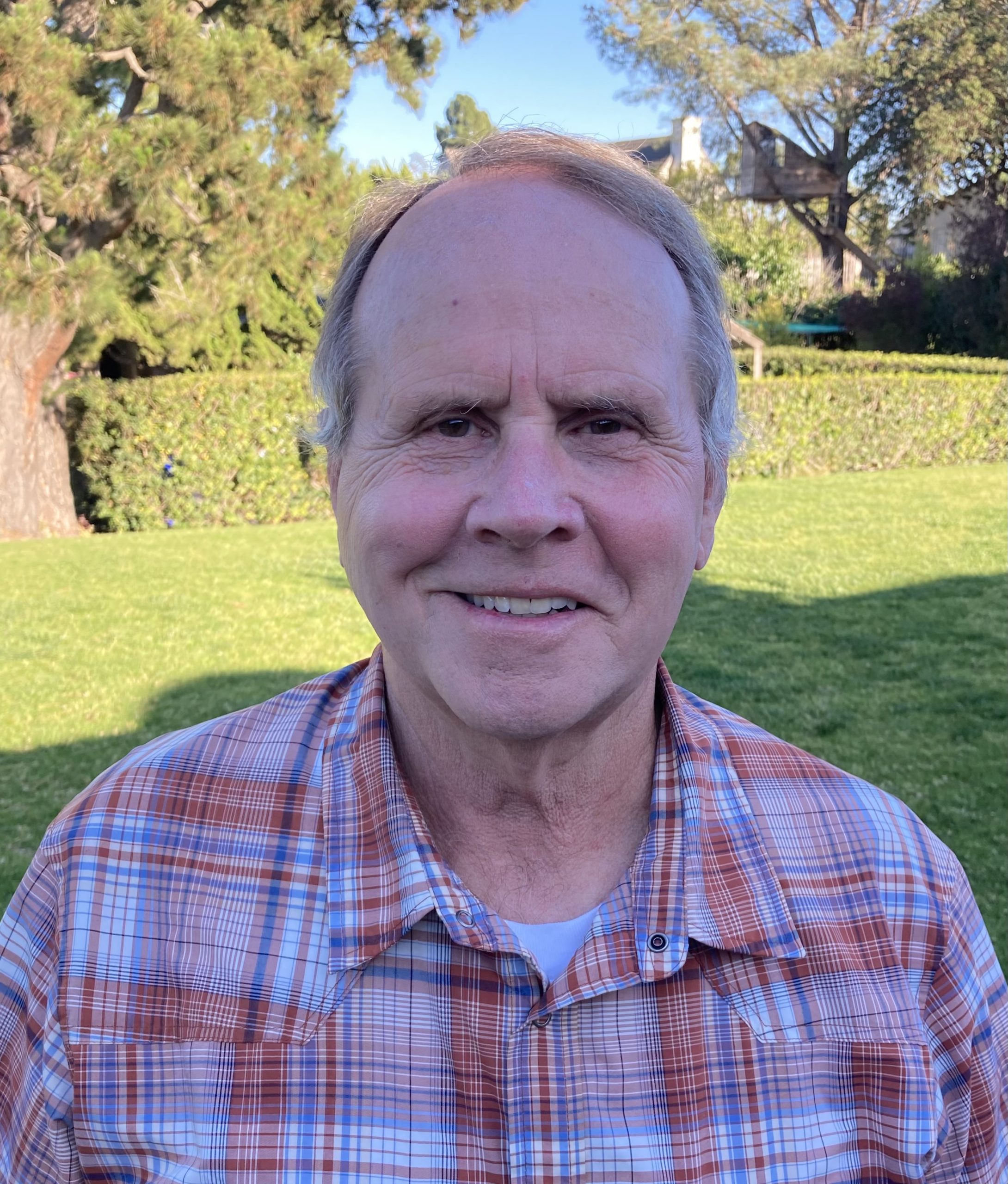
Email: ebrazier@ucsd.edu
Ernest Brazier
Lecturer, Scripps Institution of Oceanography, UC San Diego
Associate, CIC Research
Mr. Brazier has worked in market survey research for over 35 years at CIC Research, Inc. His areas of concentration have been recreational fishery management, IT (Information Technology) business sector attitudes and preferences, customer satisfaction, and travel and tourism. He has directed surveys which collected socio-economic information from U.S. anglers and determined the preferences and attitudes of U.S. anglers. He designed a statistical fishery data collection system for the islands of Guam and Saipan, and pacific Coast Albacore Program. He assisted in the development of a sampling technique for a survey of marine recreational fishing along the Pacific Coast, entailing over 100,000 interviews. In addition, he has directed a comparative study to evaluate the optimal data collection techniques of recreational fishery efforts. In the area of IT, he directed hundreds of surveys of IT professionals for a major IT magazine publisher. Research topics ranged from salary surveys, technology adoptions, and awareness, customer satisfaction and others. Over the years, he has worked in various managerial positions in business consulting, venture capital and manufacturing. He holds BS (Utah State University), and MA (University of Washington) degrees in Economics and completed his classwork requirements for a PhD (UC San Diego) in Economics. Mr. Brazier is currently retired, but holds an Associate profession with CIC Research.
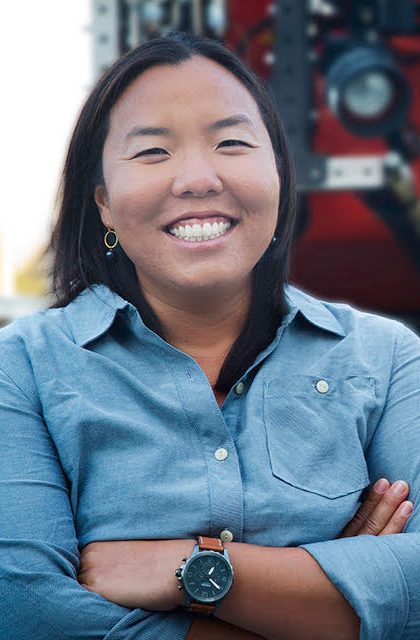
Email: anela@ucsd.edu
Website: https://choylab.ucsd.edu/
Anela Choy, Ph.D.
Assistant Professor, Scripps Institution of Oceanography, UC San Diego
Integrative Oceanography Division
Anela Choy is an Assistant Professor in the Integrative Oceanography Division at Scripps Institution of Oceanography (SIO), University of California San Diego. She has Ph.D. in Oceanography from the University of Hawaii and completed a postdoctoral research fellowship at the Monterey Bay Aquarium Research Institute. Dr. Choy is a sea-going biological oceanographer who works in Earth's largest habitat, the deep sea. Research in Dr. Choy's lab centers on the structure and function of open ocean and deep-pelagic food webs, examining the impacts of climate change, fishing pressure, and large-scale pollution on these ecosystems. Sampling at different scales spanning the full water column and the diversity of inhabitants requires innovative technology (remotely operated vehicles, camera systems, etc.) alongside targeted laboratory methods. In her research, Dr. Choy applies a unique combination of biochemical tracers (stable isotopes, fatty acids, trace metals) alongside in-situ observations and traditional diet methods. Dr. Choy has led or participated in nearly 25 research cruises using a range of ROVs, submersibles, and fishing and trawl systems. Anela is a 2016 American Association for the Advancement of Science L'Oréal USA for Women in Science Fellow, a 2018 UNESCO-L'Oréal International Rising Talents Fellow, and a 2021 Sloan Research Fellow.
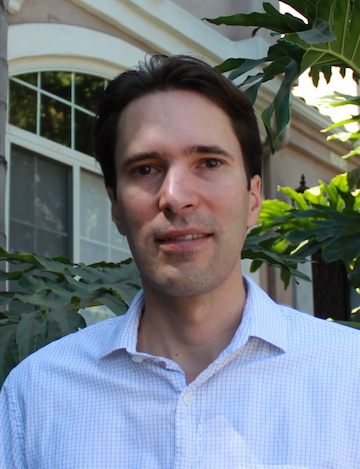
Email: m3jacobsen@ucsd.edu
Website: https://econweb.ucsd.edu/~m3jacobs/
Mark Jacobsen, Ph.D.
Mark Jacobsen's research focuses on energy and environmental policy and addresses two main themes: the first is environmental regulation of transportation and the automobile industry, including the use of Corporate Average Fuel Economy (CAFE) standards and gasoline taxes. The second theme addresses optimal energy and environmental policy in the context of the broader economy, considering efficiency in the presence of Ricardian rents, untaxes activity in the informal sector, and green preferences.
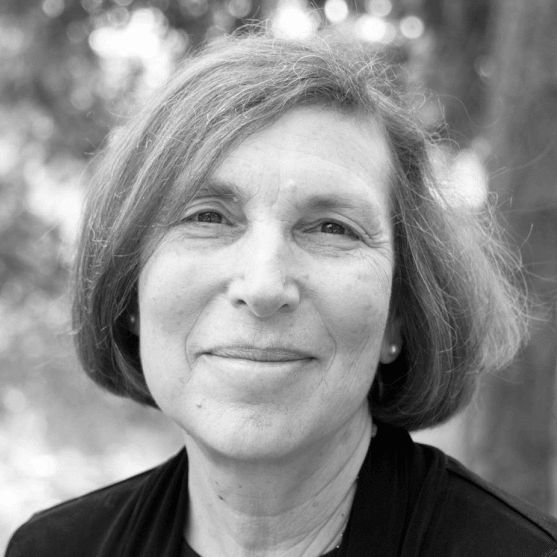
Email: llevin@ucsd.edu
Website: https://levin.ucsd.edu
Lisa Levin, Ph.D.
Professor, Scripps Institution of Oceanography, UC San Diego
Integrative Oceanography Division
Lisa Levin is a sea-going biological oceanography and Distinguished Professor at the Scripps Institution of Oceanography. She has a PhD from Scripps, served on the faculty of North Carolina State University for 9 years and has been on the faculty at Scripps since 1992. Her research addresses the ecology of animal communities at the sea floor, including deep continental margins and coastal wetlands. She currently studies the environmental drivers shaping oxygen minimum zone and methane seep ecosystems, and the larger consequences of climate change (including deozygenation) and human industrialization for the deep sea. This work has taken her to deep waters of the Pacific, Indian, and Atlantic Oceans on over 40 research cruises, many employing submersibles, ROVs and AUVs. Dr. Levin is founder and co-lead of the Deep-Ocean Stewardship Initiative, an international, multidisciplinary network of experts providing guidance on environmental management and sustainability of the deep ocean. She is also co-lead of the Deep-Ocean Observing Strategy, a GOOS program linking scientific observation to societal needs. From 2011-2017, Dr. Levin served as Director for the Center for Marine Biodiversity and Conservation at Scripps.

Email: cmcdonald@ucsd.edu
Website: https://scripps.ucsd.edu/scientific-diving-program
Christian McDonald
Scientific Diving and Small Boating Safety Officer, Scripps Institution of Oceanography, UC San Diego
Scripps Pier Manager
As the Scientific Diving Safety Officer at Scripps Oceanography, Christian McDonald manages the oldest and one of the largest and most active scientific diving programs in the United States. Christian's interest in marine science was fostered as an undergraduate at UC Santa Cruz (UCSC) while studying kelp forest ecological dynamics both in Central California and on the remote Aleutian island of Shemya, Alaska. Upon graduation from UCSC with a Bachelor of Science in Marine Biology, Christian spent 5 years working in and exploring diverse locations around Antarctica as a scientific diver, natural history cinematographer, commercial diver, and senior marine technician aboard National Science Foundation (NSF)-supported polar classed research vessels. In addition to supporting and overseeing the scientific diving and small boat programs at Scripps and for the UC San Diego research community, Christian has served as chair of NSF's Office of Polar Programs Diving Control Board, President of the American Academy of Underwater Sciences, and an advisor to a host of diving safety boards and committees.
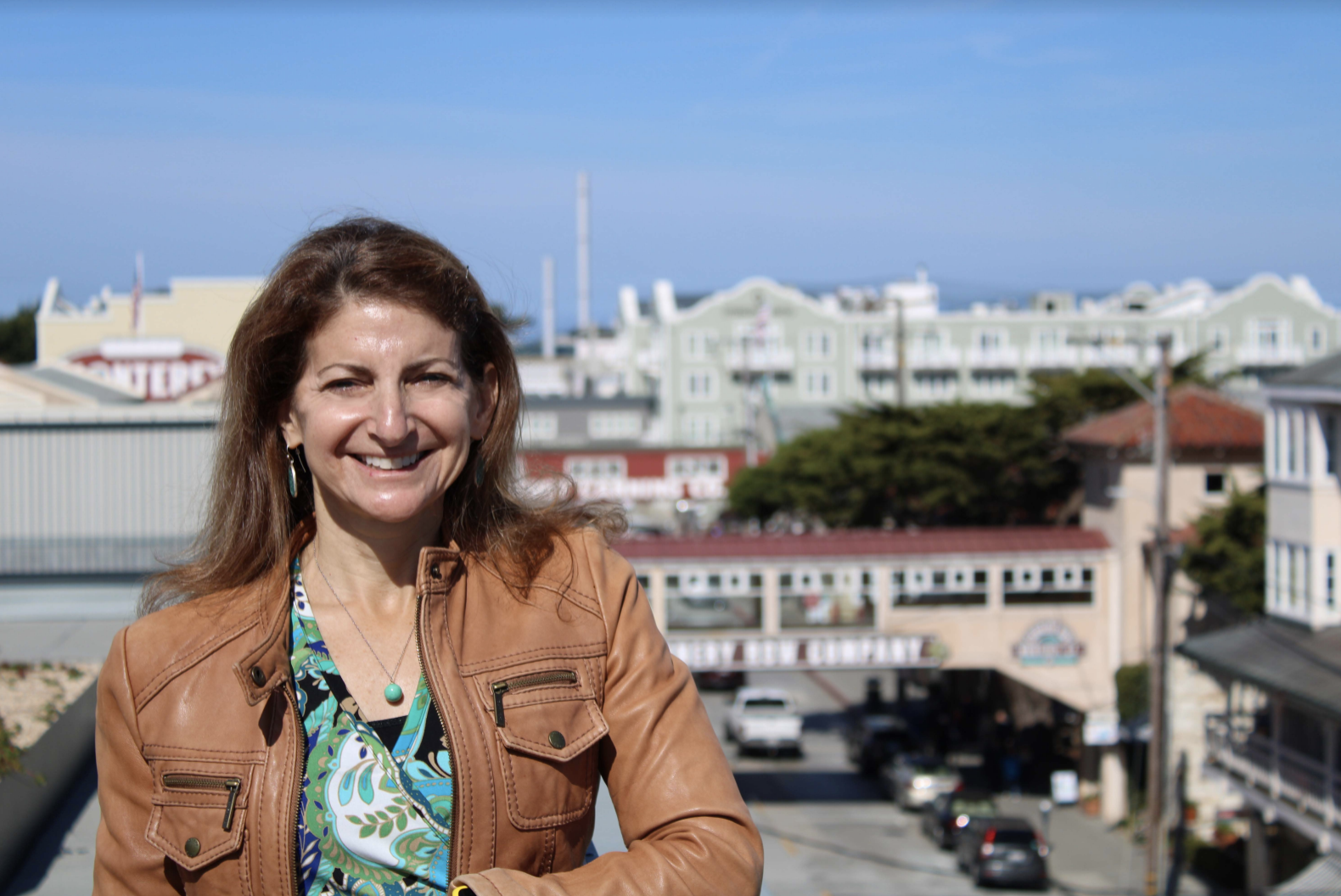
Email: smcdonald@scaquarium.org
Sara McDonald, Ph.D.
MAS MBC Program Affiliate, Scripps Institution of Oceanography, UC San Diego
Director of Conservation, South Carolina Aquarium
Dr. McDonald is the Director of Conservation for the South Carolina Aquarium. She is focusing work on their priority conservation issues of improving resilience of coastal communities in the face of sea level rise, reducing plastic pollution, empowering citizen scientists, participating in research and field work, and supporting local, sustainable seafood. As a Senior Fisheries Scientist for the Monterey Bay Aquarium Seafood Watch program, Sara led work on bycatch and managed the collaborative Seafood Social Risk Tool, a tool that assesses the risk of forced labor, human trafficking, and hazardous child labor in seafood value chains. Prior to joining the Seafood Watch team, Sara served as program manager for the Duke University Marine Laboratory. She also was a marine research associate for the Florida manatee program at the State of Florida’s Fish and Wildlife Research Institute, and a fisheries biologist for the National Marine Fisheries Service. She currently is an affiliate with the Center for Marine Biodiversity and Conservation at the Scripps Institution of Oceanography, and she serves on the Marine Fisheries Advisory Committee for NOAA Fisheries.
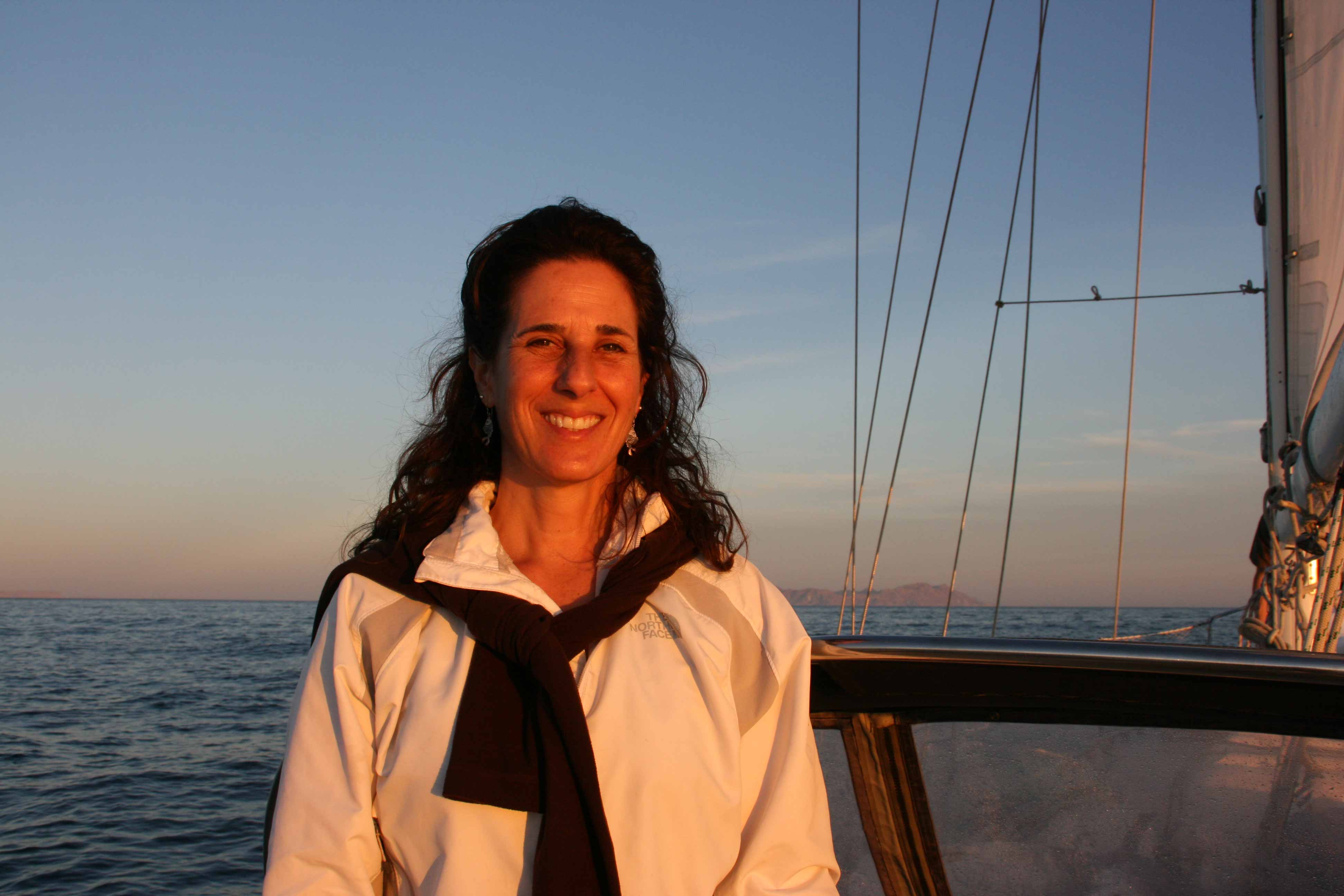
Email: Sarah.Mesnick@noaa.gov
Website: smesnick.scrippsprofiles.ucsd.edu
Sarah Mesnick, Ph.D.
Adjunct Professor, Scripps Institution of Oceanography, UC San Diego
NOAA Fisheries Southwest Fisheries Science Center
Sarah Mesnick is an ecologist and communications/public and government relations specialist at NOAA Fisheries and adjunct professor at Scripps Institution of Oceanography, UC San Diego. Her research focuses on the social behavior, evolution and conservation of marine mammals. Her research aims to provide a framework within which to investigate stock identity, population trends, and fishery interactions in cetaceans (whales, dolphins and porpoises) from the perspective of the bonds, networks, and structure of animal societies. Her interests in marine mammal management have also expanded to market-based incentives for conservation. She's created the field of culinary conservation, merging her passion for the ocean conservation with her vision for a healthy, resopnsibly-sourced seafood supply chain. Current projects include "culinary engineering", a San Diego based effort to reduce seafood waste and increase the value of local fisheries, "Storied Seafood" which uses photographic arts to tell the stories of fishermen using new gears for reducing bycatch, and the "Ocean to Table" series to promote interaction and collaboration among scientists, the fishing industry, culinary community and seafood supply chain.
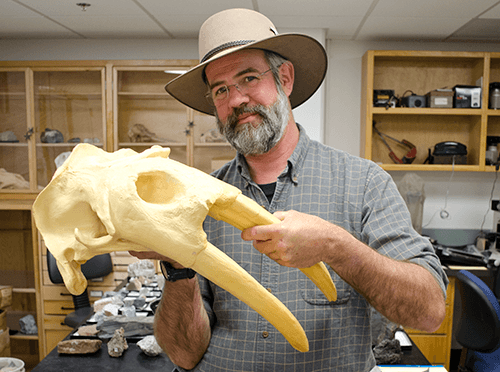
Email: rnorris@ucsd.edu
Website: rnorris.scrippsprofiles.ucsd.edu
Dick Norris, PhD
Professor, Scripps Institution of Oceanography, UC San Diego
Geosciences Research Division, Paleobiology
Dick Norris' research focuses on the recent fossil record of reefs and coastal environments to evaluate the impact of human activities on these systems. He is particularly interested in how soil erosion and over-fishing of coastal marine environments has been affected by human social evolution. Hence, he has extensive interactions with marine archaeologists. In a recent research cruise, they addressed the questions, "What did the Romans (and other cultures) do to the marine ecosystems of the Mediterranean?" He has also worked on human impacts on the Mesoamerican Reef in Panama and Belize. His work has 'deep time' components as well. In recent research cruises, he has looked at the environmental record of SE Africa to understand how environmental change may have affected the progress of human evolution and the various "Out of Africa" migrations of humans and our ancestors. He is also interested in broader questions of Earth evolution such as whether the earth has a 'heartbeat' of biological production and how the history of oxygenation of Earth has affected the structure of marine ecosystems.
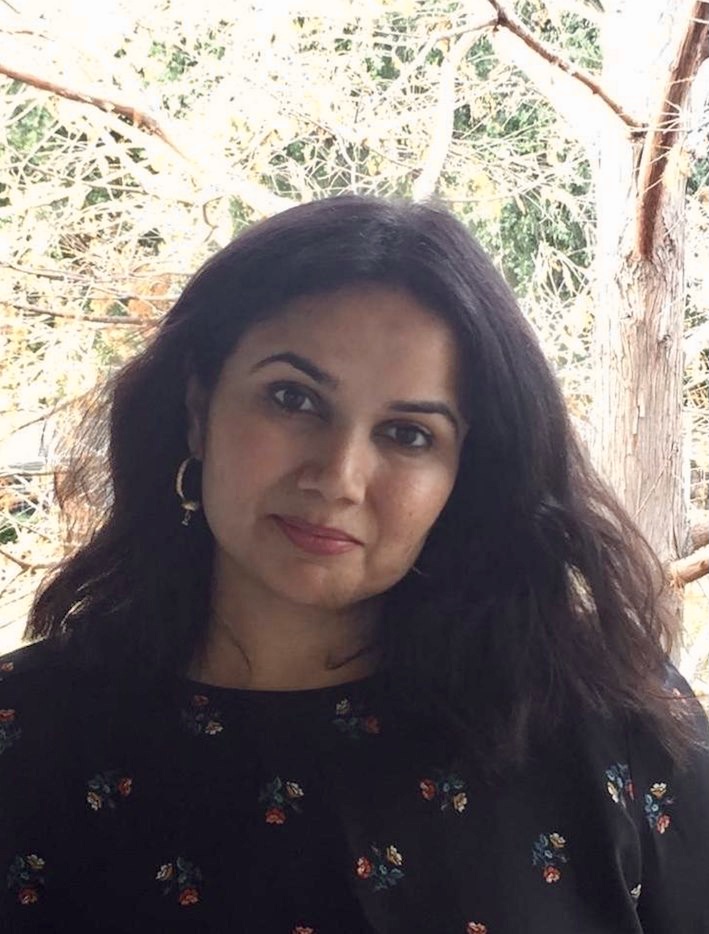
Email: shp005@ucsd.edu
Website: https://ethnicstudies.ucsd.edu/people/patel.html
Shaista A. Patel, Ph.D.
Assistant Professor, UC San Diego
Ethnic Studies Department
Shaista A. Patel works as an Assistant Professor of Critical Muslim Studies in the Department of Ethnic Studies at UC San Diego. She is also an affiliate of the Critical Gender Studies program here. Her scholarly and all other political investments are in several questions that draw upon theories in Indigenous (to North America and South Asia), Black, Dalit, anti-caste, Muslim and transnational feminist studies. Her current book project engages with questions of animal-human relationalities at the intersections of contemporary and historical manifestations of casteism, anti-indigeneity, and anti-blackness within the context of South Asia and north America (U.S./Canada). Most of her work to date has examined questions of complicity of people of color at the confluences of multiple and complex racial, casteist, and colonial formations.
Her research areas include: Indigenous critical studies; transnational feminist studies; critical animal studies; queer and feminist theory; cultural politics of race, sexuality, nation, and immigration; theory and criticism; cultural and social movements.
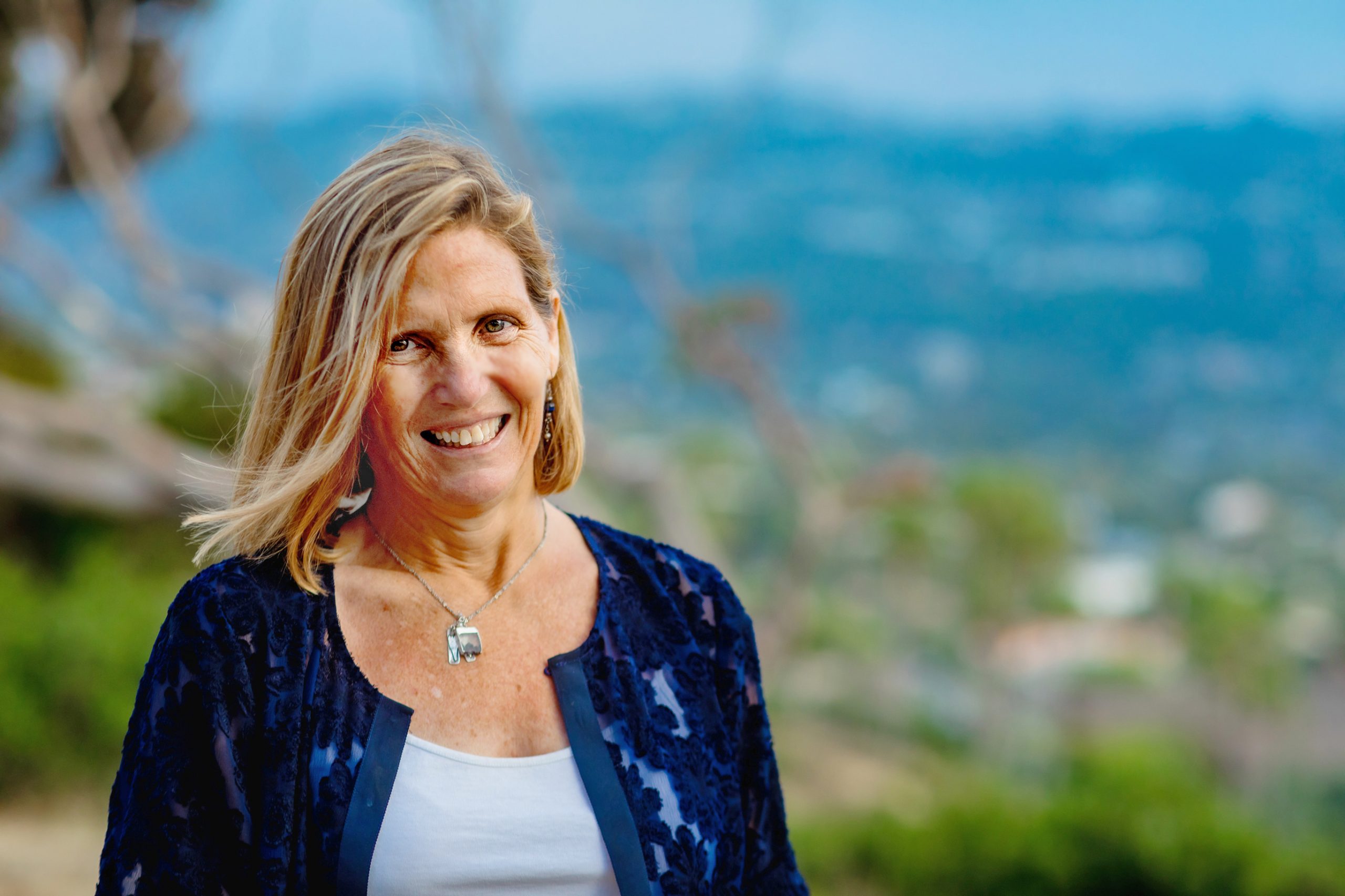
Email: cpeach@ucsd.edu
Cheryl Peach, Ph.D.
Director, Scripps Educational Alliances
Scripps Institution of Oceanography, UC San Diego
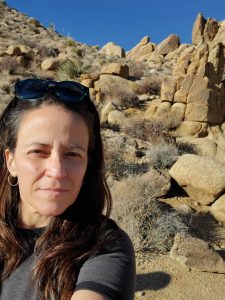
Email: iriveracollazo@ucsd.edu
Website: iriveracollazo.scrippsprofiles.ucsd.edu
Isabel Rivera-Collazo, Ph.D.
Assistant Professor, Scripps Institution of Oceanography & Department of Anthropology, UC San Diego
Scripps Human Ecology Laboratory
Isabel Rivera-Collazo is an Assistant Professor of Biological, Ecological and Human Adaptations to Climate Change at the Department of Anthropology and Scripps Institution of Oceanography, and directs the SIO Human Ecology Laboratory. Prof. Rivera-Collazo is native to Borikén (Puerto Rico). Her work combines earth sciences, archaeology and marine ecology to understand social vulnerability to climate and environmental change, in particular through food and habitat security in coastal and marine areas. Through geoarchaeology and archaeomalacology, Prof. Rivera-Collazo works to identify lessons from the past that are relevant to communities in the present. Her research project DUNAS, combines sand dune restoration, cultural heritage and climate change to stimulate community resilience. Most recently, Prof. Rivera-Collazo leads the California Heritage Climate Vulnerability Index research project together with the CA State Historic Preservation Office. Rivera-Collazo works with the Borikua/Taino communities in Puerto Rico and the Tongva community of Catalina Island in California. Her work highlights the importance of building horizontal partnerships with indigenous communities through citizen science and communal archaeology. Her practice emphasizes collaboration to identify community-relevant research questions, where the recovery of past knowledge can help decolonize historical accounts and can contribute to answering questions and solving climate-related issues in the present.
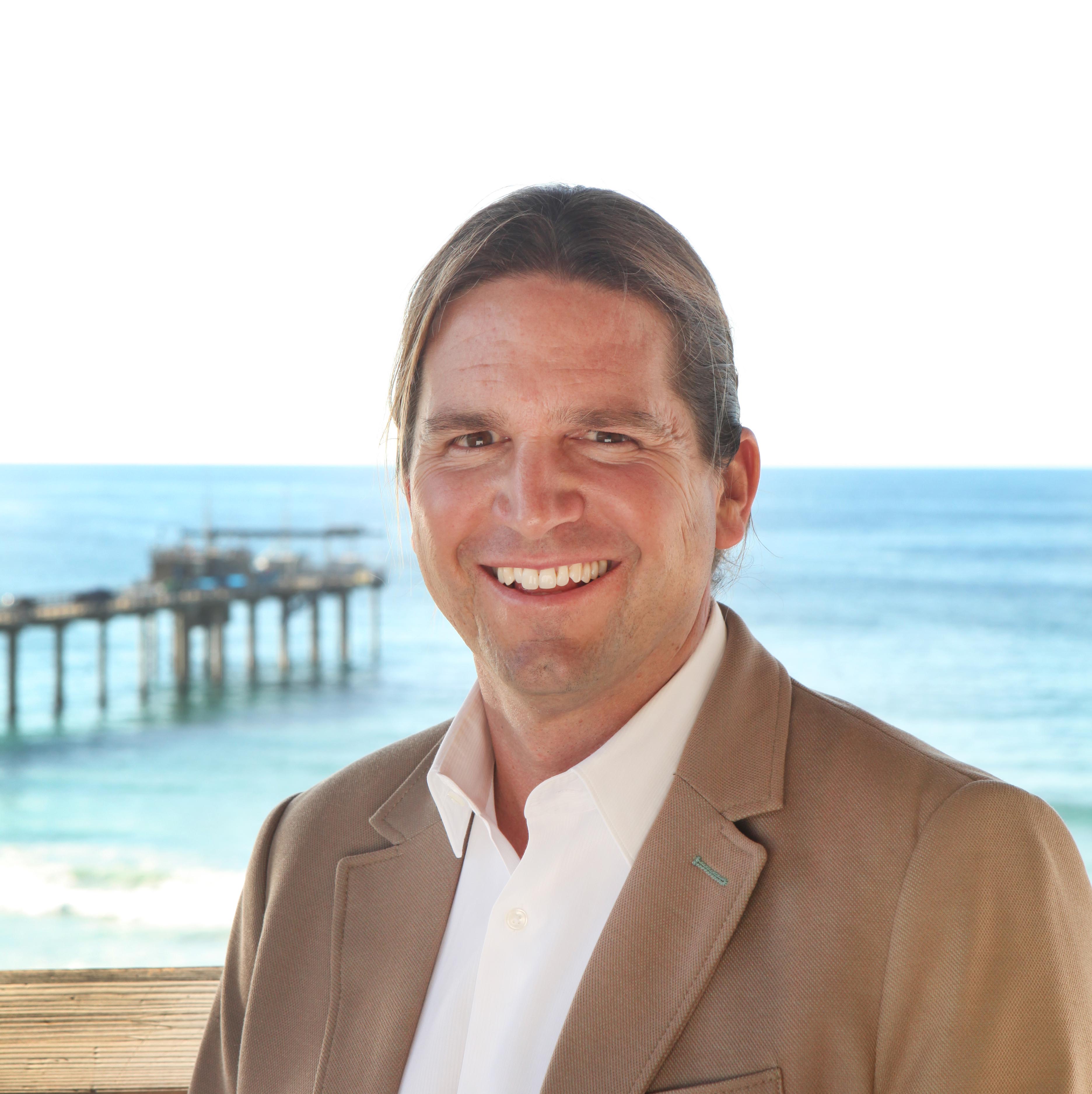
Email: ssandin@ucsd.edu
Website: sandinlab.ucsd.edu
Stuart Sandin, Ph.D.
Professor, Scripps Institution of Oceanography, UC San Diego
Marine Biology Research Division
Director, Center for Marine Biodiversity and Conservation
Stuart Sandin is a quantitative ecologist with specific interests in population and community ecology. His research addresses questions in which ecology can most effectively inform marine management. What have been the impacts of human activities on marine ecosystems? How have changes in the structure of these ecosystems affected their functioning, especially related to important ecosystem services? Finally, how can ecological insights best be applied to develop creative and effective solutions to marine management problems? Much in the same way an engineer provides informed solutions to practical commercial problems, an ecologist can provide informed recommendations for the protection and sustained use of natural resources. He firmly believes that novel and fundamental ecological discoveries are yet to be learned and that such discoveries hold promise to enhance current management strategies. His research focuses largely on the ecology of coral reefs, with the goal of finding effective management and restoration approaches for this imperiled ecosystem.
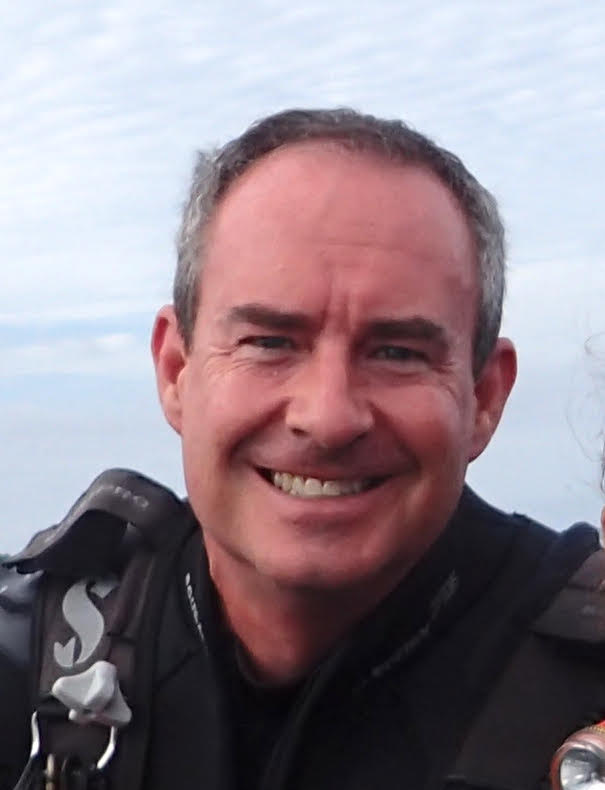
Email: bsemmens@ucsd.edu
Website: bsemmens.scrippsprofiles.ucsd.edu
Brice Semmens, Ph.D.
Associate Professor, Scripps Institution of Oceanography, UC San Diego
Marine Biology Research Division
Director, California Cooperative Oceanic Fisheries Investigations (CalCOFI)
Brice Semmens is an associate professor of marine fisheries at Scripps Institution of Oceanography, UC San Diego, and the Director of the California Cooperative Oceanic Fisheries Investigations (CalCOFI) program. Dr. Semmens' expertise spans fisheries assessment, quantitative methods and conservation biology. Dr. Semmens has led the Grouper Moon Project for over a decade, a collaboration between non-profit, government and academic scientists aimed at supporting adaptive management of the endangered Nassau Grouper in the Cayman Islands. Dr. Semmens has also led the development of modern stable isotope mixing models that are used throughout the natural sciences.
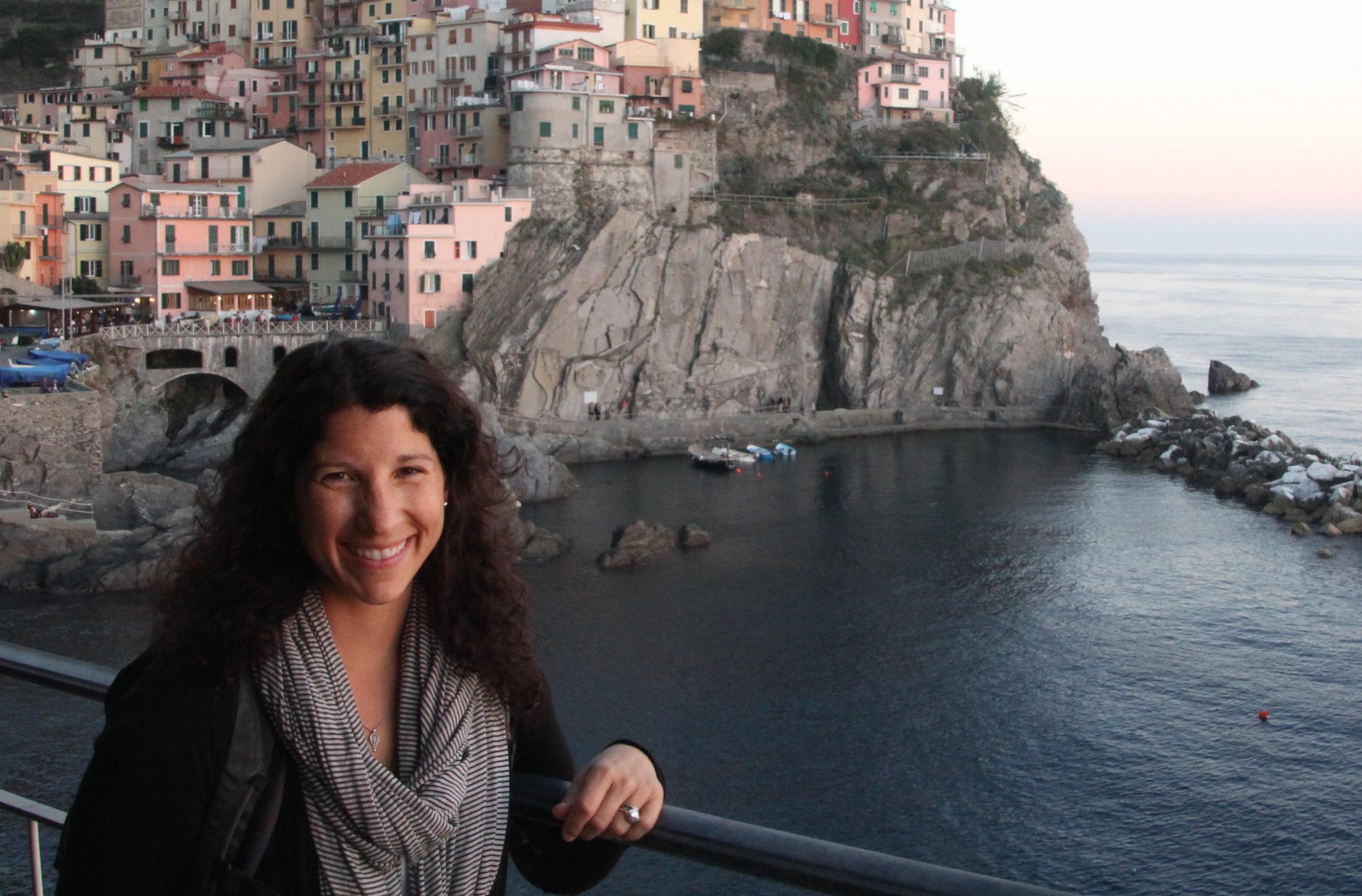
Email: Sarah.Shoffler@noaa.gov
Sarah Shoffler
Seafood Strategy National Liaison, NOAA Fisheries; Fishery Biologist, NOAA
Southwest Fisheries Science Center
Sarah is the National Seafood Strategy Coordinator for NOAA Fisheries. She provides strategic advice to NOAA Fisheries leadership and designs ways the federal government can partner with industry and others to increase the value of U.S. commercial fisheries, expand U.S. aquaculture production, transition innovative R & D to commercial use, and encourage Americans to eat more U.S.-produced seafood. This includes the development of the agency's first National Seafood Strategy, research on seafood market pathways, seafood value chains, local and direct markets and barriers to U.S. seafood in U.S. markets. Sarah has also worked for over a decade in international science and policy for highly migratory species for the NOAA Fisheries Southwest Fisheries Science Center, strategic planning and science communication.
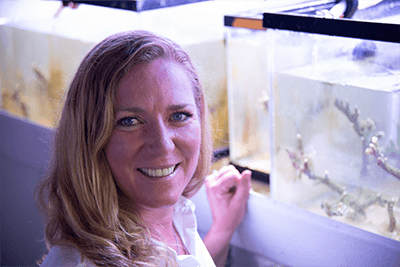
Email: jes013@ucsd.edu
Website: jes013.scrippsprofiles.ucsd.edu
Jen Smith, Ph.D.
Associate Professor, Scripps Institution of Oceanography, UC San Diego
Marine Ecology and Conservation
Jen is a coral reef ecologist with primary expertise in benthic communities (marine plants, corals and other invertebrates). Her primary interests are in determining how various physical and biological processes affect the structure and function of marine communities. Jen has been interested in determining how human impacts affect or alter marine communities. Currently, Jen and her students are working on understanding how local stressors such as pollution, overfishing or the introduction of invasive species affect coral reefs. Jen's lab is also working to determine how global stressors associated with climate change such as warming or ocean acidification will alter reef species. Much of the research in the Smith lab is focused on marine conservation and restoration of degraded habitats and often involves multidisciplinary activities. Jen and her students are actively working to develop effective management strategies for coral reef communities around the world
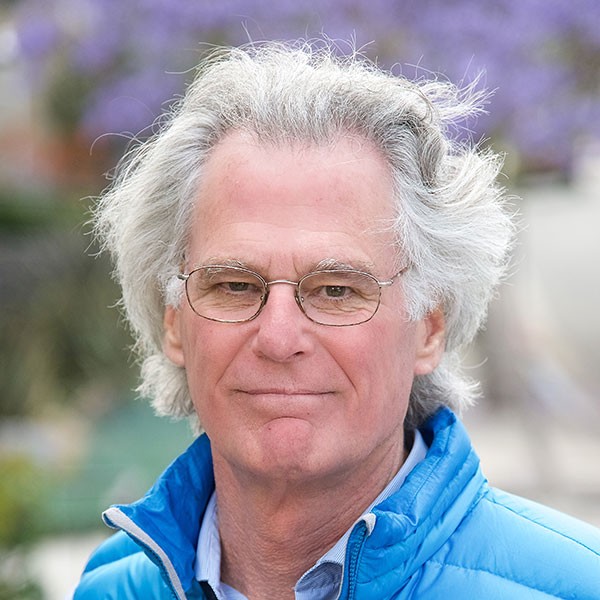
Email: dsquires@ucsd.edu
Website: https://gps.ucsd.edu/faculty-directory/dale-squires.html
Dale Squires, Ph.D.
Adjunct Professor, UC San Diego
School of Global Policy and Strategy & Department of Economics
Dale Squires is an adjunct professor of economics at the School of Global Policy and Strategy, and a staff member of the Fisheries Resources Division at the National Oceanic and Atmospheric Administration - commonly referred to as NOAA Fisheries. His research focuses on environmental and resource ecnomics and specializes in resource economics, fisheries in particular.

Photo by Rod Searcey
Email: jwatson@ucsd.edu
Website: http://econweb.ucsd.edu/~jwatson
Joel Watson, Ph.D.
Professor, UC San Diego
Department of Economics
Joel Watson is a Professor in the Economics Department at the University of California, San Diego. His research addresses how contractual relationships are formed and managed, as well as the role that institutions play in enforcing contracts, using game-theoretic models. Watson's work addresses topics in a variety of applied areas, including law and economics, macroeconomics, labor economics, international economics, and environmental economics. He has authored numerous technical papers and a popular textbook on game theory (Strategy: An Introduction to Game Theory). Watson obtained a B.A. degree from UC San Diego and a Ph.D. from Stanford's Graduate School of Business. Watson has extensive experience and a record of strong leadership in administration, instruction, and professional service. On the professional side, Watson co-founded and serves as the CEO of EconJobMarket.org, a non-profit (501c3) corporation that provides a central electronic repository for advertisements and application materials in the economics Ph.D. job market.
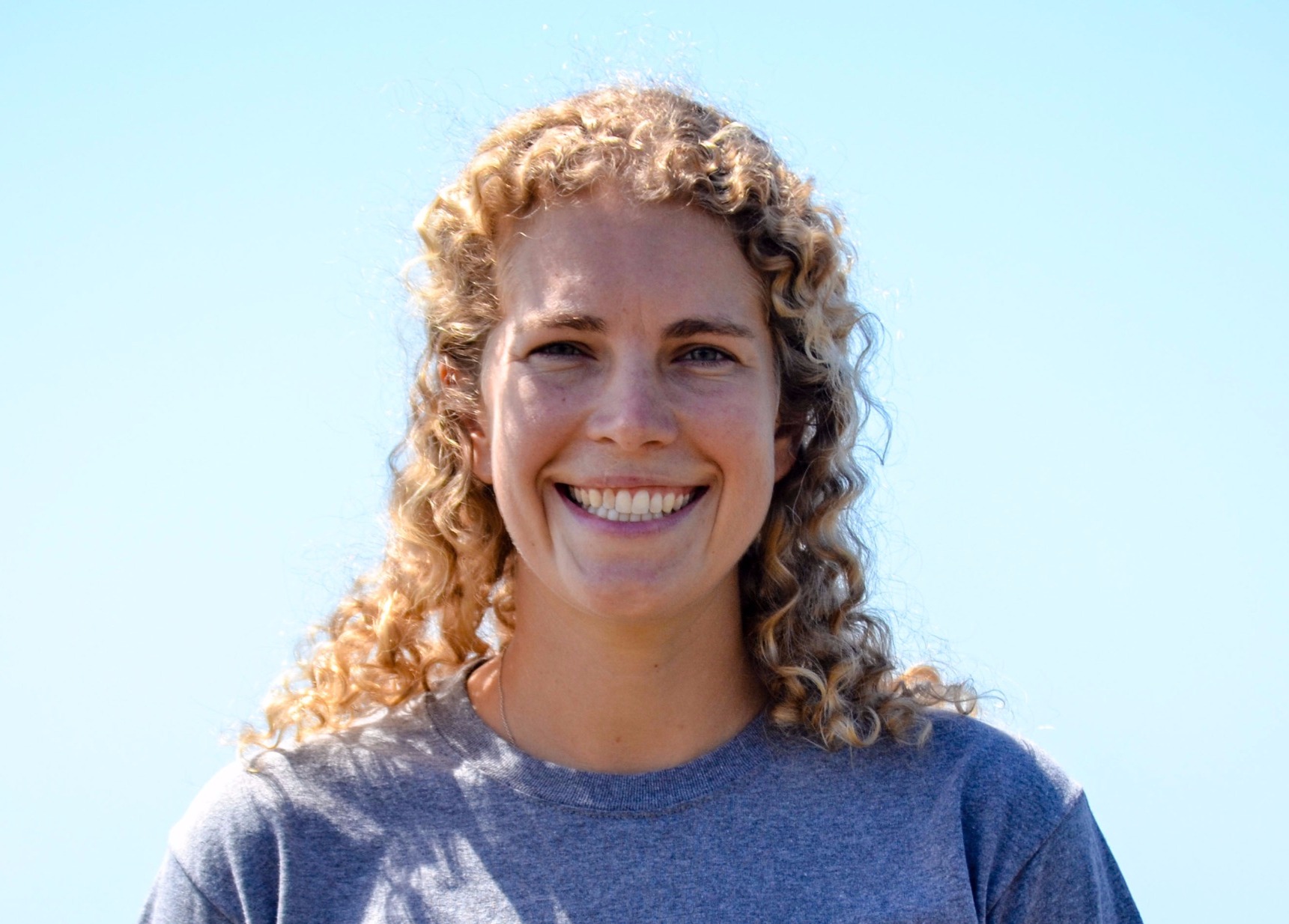
Email: awork@ucsd.edu
Website: https://ucsd.libguides.com/gis
Amy Work
GIS Librarian
UC San Diego Library
Amy Work is currently the GIS Librarian at UC San Diego. She supports students, faculty, researchers and staff with their geospatial needs. She instructs workshops and helps curate geospatial data within the Library and across campus. Prior to UC San Diego, she ran a non-profit in Costa Rica engaging community members to use GIS to investigate community issues and worked with universities, community colleges and K-12 schools across the U.S. to integrate geospatial technologies into their curricula.
